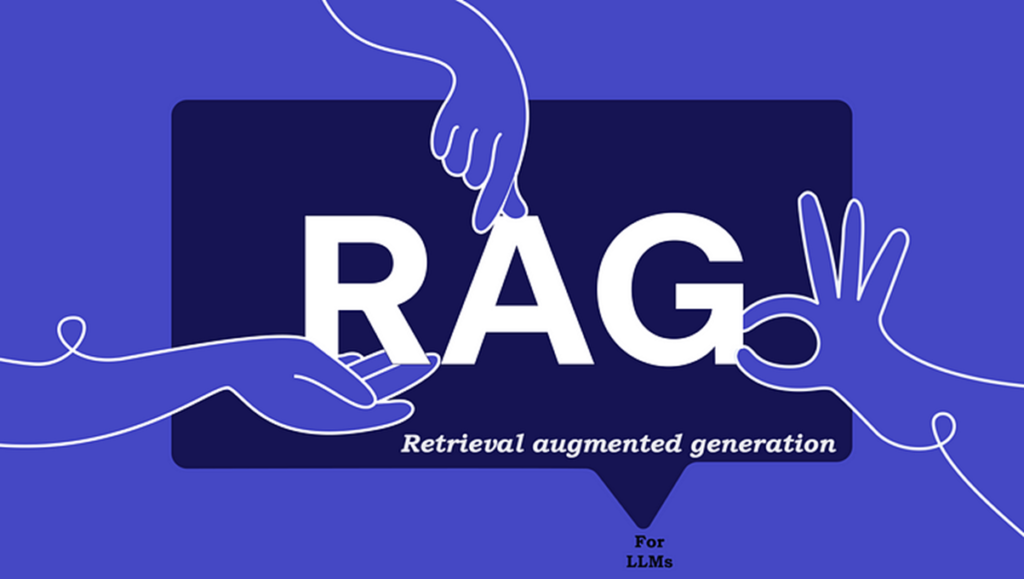
Course Description:
This course provides a comprehensive introduction to Large Language Models (LLMs), covering foundational concepts, key architectures, and real-world applications. Students will explore the history and evolution of LLMs, from early language models to state-of-the-art architectures like GPT, BERT, and T5. Through hands-on exercises and projects, students will learn how LLMs generate text, perform tasks such as translation, summarization, and question-answering, and be exposed to ethical considerations and responsible AI practices.
Key Topics:
- Understanding LLMs – Explore the history, purpose, and advancements of large language models, including key architectures and innovations.
- Core Concepts and Architecture – Dive into model architectures (e.g., transformers, attention mechanisms), training techniques, and fine-tuning methods.
- LLM Applications – Discover the diverse applications of LLMs, such as conversational AI, content generation, sentiment analysis, and more.
- Prompt Engineering – Learn techniques to effectively interact with LLMs to get desired outputs and optimize model behavior.
- Ethics and Responsible AI – Discuss ethical considerations, risks, and approaches to ensure responsible use of language models.
Learning Outcomes:
By the end of this course, students will be able to:
- Explain how LLMs function and differentiate among popular architectures.
- Utilize prompt engineering techniques to interact with LLMs for various tasks.
- Apply LLMs to practical scenarios, such as summarization and Q&A.
- Analyze ethical implications and adopt best practices for using LLMs responsibly.
Target Audience:
This course is ideal for data scientists, developers, and AI enthusiasts who are interested in gaining a solid foundation in LLMs and their applications, as well as individuals considering integrating LLM capabilities into their projects or workflows. Basic knowledge of machine learning and Python is recommended.
- Teacher: Admin User
